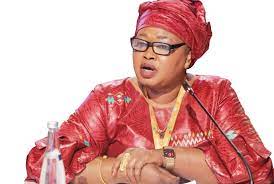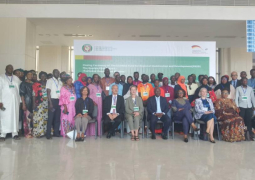
Katim Touray, who joined BCC in 1993 and rose to the position of Director of Planning in 2013, admitted that the council awarded contracts based on personal selection rather than competitive tendering processes. Under questioning by Lead Counsel Patrick Gomez, Touray confirmed that contractors were often handpicked, with the Mayor playing a major role in selecting companies, bypassing procurement laws meant to ensure transparency and fairness.
A key focus was the controversial D13 million contracts awarded to Kebba and Sons for the supply of 3,000 dustbins. Touray admitted that the company did not meet procurement requirements and no proper delivery notes were provided. He claimed urgency following a letter from the Ministry of Health led to the rushed procurement but conceded that critical steps were ignored. Touray also stated he was unaware at the time that Kebba and Sons had links to the mayoress, a fact that surprised him later.
When questioned about VAT payments related to the contract, Touray said he did not know whether the required D1.95 million VAT was paid.
Touray also testified about the EU-funded Crab Island Rehabilitation Project, where one contractor, Jalonkoto Enterprise, was controversially awarded a contract despite initially failing the evaluation. Touray revealed that GPPA insisted on awarding Jalonkoto the contract after re-evaluation.
In multiple instances, Touray admitted bypassing procurement regulations, citing long-standing practices within the council. He acknowledged authorizing payments and procurements without market surveys, and that emergency justifications were often improperly used to avoid formal tendering.
Touray acknowledged that payments to contractors were made without proper verification and often lacked full documentation. Although he admitted these processes violated regulations, he claimed that such practices were long entrenched before his appointment as Director of Planning.
Lead Counsel Gomez sharply criticized Touray for his failure to resist unlawful directives and for neglecting his duty to uphold procurement standards. “You held public office as if it was your own property,” Gomez said, accusing him of enabling the mismanagement of public funds. Touray denied personally receiving any financial kickbacks but admitted to authorizing payments without the necessary safeguards.
The Commission also heard about the controversial Crab Island rehabilitation project, funded by the EU, where similar procurement irregularities occurred. In that instance, contractors who did not meet the original selection criteria were eventually awarded contracts after intervention from procurement authorities.
Read Other Articles In Headlines




